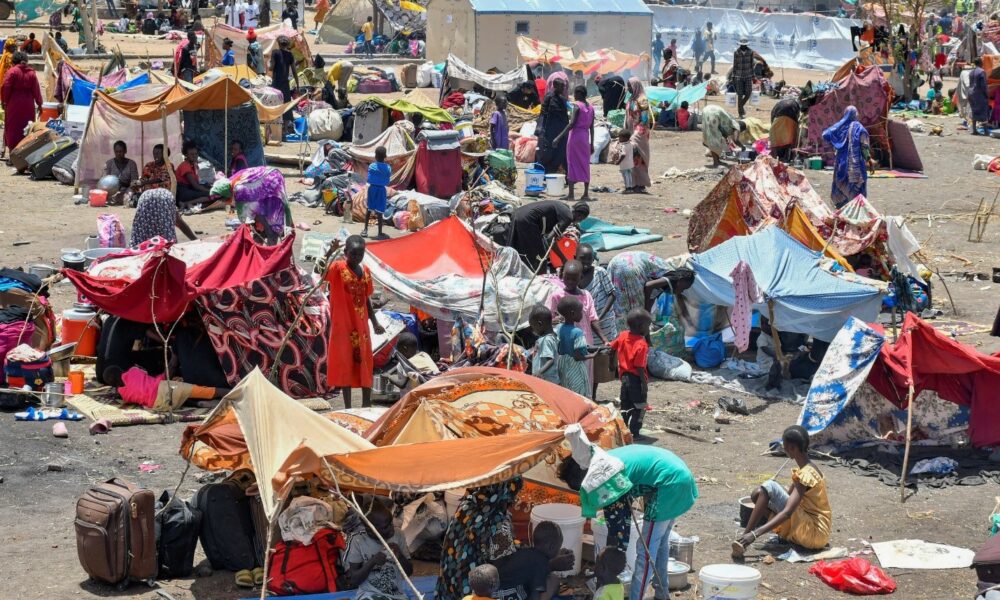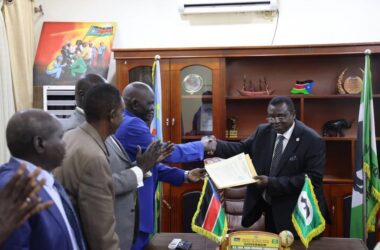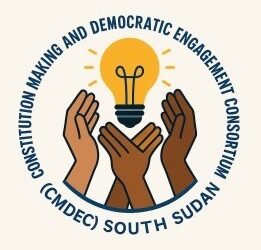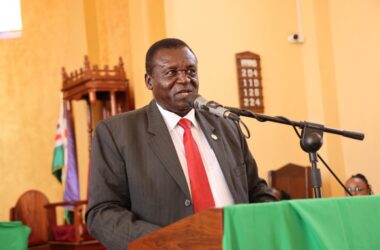By Philip Buda Ladu
Over 165,000 people have been forced to flee escalating conflict and rising tensions in South Sudan over the past three months, deepening an already severe humanitarian crisis across the region, the UN Refugee Agency (UNHCR) warned.
The exodus comes as desperately needed aid is dwindling, straining resources in neighboring countries already struggling to cope.
In a press statement extended to this outlet UNHCR alarmed that since late February, renewed political instability and heightened hostilities between armed groups, particularly in Upper Nile state and other hotspots, have devastated lives and crippled essential services.
This according to the UN refugee agency has forced many individuals, already grappling with displacement, disease, and food insecurity, to seek safety once again.
Approximately 100,000 people have crossed into neighboring Democratic Republic of the Congo (DRC), Ethiopia, Sudan, and Uganda, citing insecurity, inter-communal violence, and deteriorating humanitarian conditions as primary reasons for their flight the UN noted.
“South Sudan cannot afford yet another crisis,” stated Mamadou Dian Balde, UNHCR’s Regional Director for the East, Horn of Africa and Great Lakes region. “The world’s youngest country has received more than 1 million people who fled the ongoing war in Sudan, while millions of its citizens continue to recover from years of conflict and crisis at home.”
Humanitarian access to an estimated 65,000 newly internally displaced people in affected communities within South Sudan remains severely constrained due to fighting and movement restrictions.
Critical aid, including medicine and healthcare vital for tackling an increase in cholera cases, has ground to a halt. The looming rainy season is expected to exacerbate the situation, with flooding making transport difficult and costly.
Neighboring countries are struggling to accommodate the influx of new arrivals as essential resources like food, water, sanitation, shelter, and healthcare are running dangerously low.
Sudan has received around 41,000 people, with over 26,000 arriving in White Nile state alone. This state already hosts approximately 410,000 South Sudanese refugees, including those displaced for a second time due to the ongoing war in their host country.
The surge has intensified the need for additional space, while essential services are severely strained amidst cholera outbreaks and a fragile security situation.
In Ethiopia, UNHCR said new arrivals initially resided in precarious makeshift shelters along riverbanks in Burbiey, Gambella, but are now receiving assistance further from the border in Matar and Moun.
UNHCR, the World Food Programme (WFP), and partners have assisted some 21,000 new arrivals with food and relief items, though thousands more are in need. Infrastructure and services in the Gambella region are already overstretched and grappling with a cholera outbreak.
Uganda, which hosts the largest population of South Sudanese refugees in Africa (one million), has seen nearly 18,000 new arrivals from South Sudan since March – a 135 percent year-on-year increase. Alarmingly, nearly 70 percent of those arriving are children, who are undertaking increasingly long and perilous journeys to reach safety.
The DRC has received an estimated 23,000 new arrivals from South Sudan, despite the country itself grappling with ongoing conflict and a major displacement crisis, UNHCR stated.
Across asylum countries, UNHCR and partners are providing critical relief items such as sleeping materials, buckets, and soap, along with documentation and specialized support for survivors of gender-based violence. Border monitoring and engagement with local communities are ongoing.
To provide initial life-saving protection and assistance and enhance preparedness, UNHCR said it requires $36 million over the next six months.
This funding will support up to 343,000 internally displaced people in South Sudan and refugees arriving in neighboring countries, enabling the upgrade and establishment of reception and transit centers, and the provision of shelter, water, health and nutrition screening, and cash assistance to new arrivals.
“This emergency could not have come at a worse time,” Balde emphasized. “Many of the refugees are seeking safety in countries which have challenges of their own or are already dealing with emergencies amidst ongoing brutal funding cuts, straining our ability to provide even basic life-saving assistance.”
UNHCR reiterates calls for an immediate cessation of hostilities and urges all parties to spare civilians further suffering and find a peaceful solution.
South Sudan remains one of the largest displacement crises in the region, with over 2.3 million South Sudanese living as refugees in the DRC, Ethiopia, Kenya, Uganda, and Sudan according to the UN.




